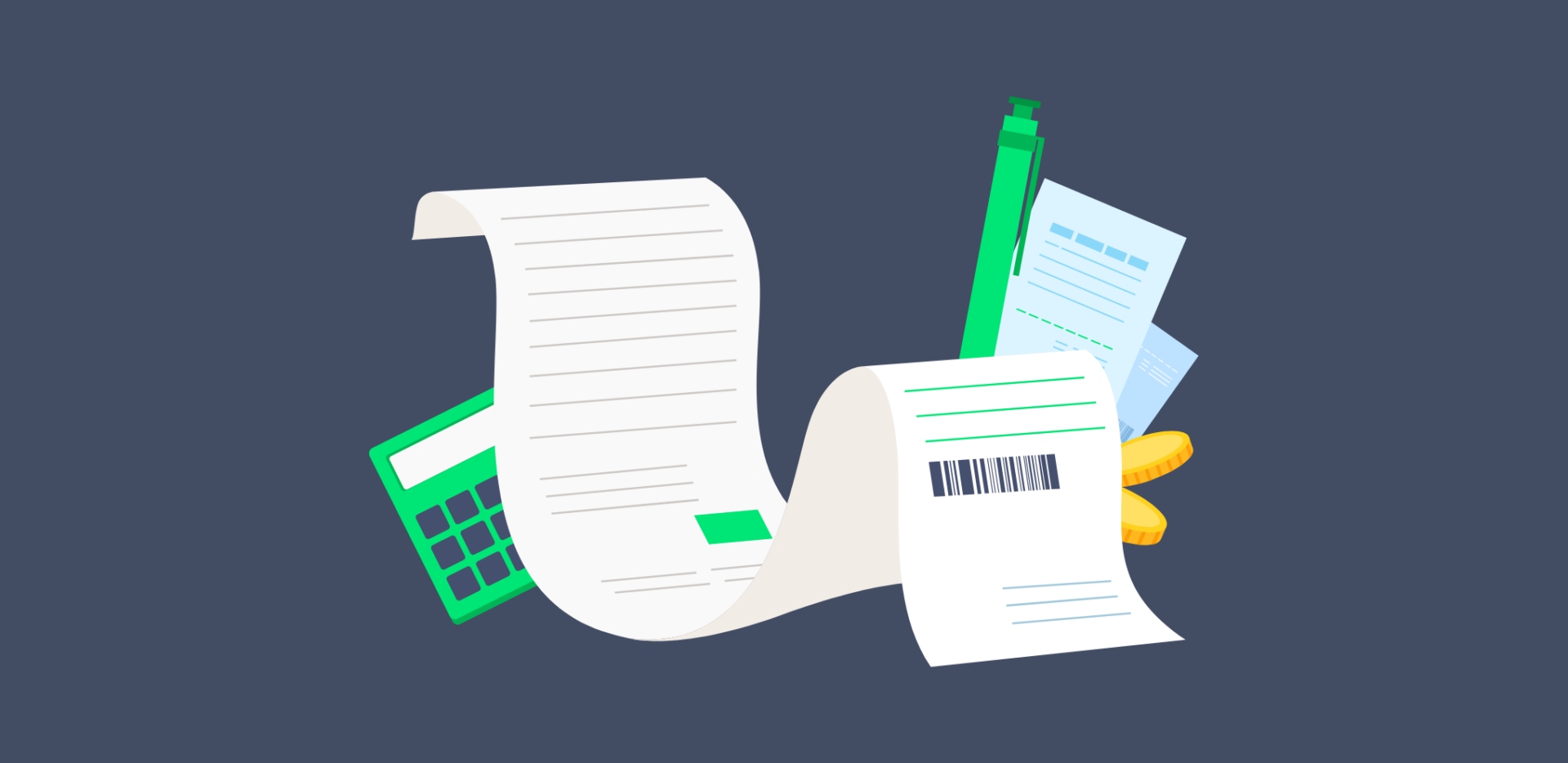Our annual tax guide for locum tenens providers is here to help you make sense of your tenens taxes.
One of the benefits of working locum tenens is its higher salary rate, compared to full-time hospital positions. But unlike full-time employees, your locum tenens taxes don’t come directly out of your paycheck. As a 1099 employee, you are responsible for remitting your own taxes.
If this is your first time doing taxes as an independent contractor, rest easy: we have all the answers you need to make taxes as stress-free as possible.
Read on for answers to the most common tenens tax questions:
Is it worth hiring a professional to do my locum tenens taxes, or should I do them myself?
We can’t emphasize this enough: when it comes to your taxes, you can’t beat hiring a professional tax expert. A qualified accountant can not only help you get the best deduction possible, they can also advise you throughout the year, so you can be as prepared as possible for when tax time rolls around.
Tax season is a busy time for CPAs, and their schedules fill up quickly, so if you haven’t already, make sure to reach out to an accountant as soon as possible.
What should I look for in an accountant for my locum tenens taxes?
You’ll want to look specifically for accountants who have experience working with independent contractors––bonus points if they have experience working with locums providers. If you’ve traveled outside your home state for locums assignment in the past year, it’s also a good idea to look for accountants who have expertise in multi-state taxation.
If you’ve never hired an accountant before, your best bet is to ask fellow locums physicians or advanced practice providers for recommendations. They can recommend someone who has expertise in the issues that come up most frequently with locum tenens taxes.
Do I need to pay quarterly taxes as a locums provider?
Yes! Submitting quarterly payments makes filing your taxes at the end of the year much less stressful. And if you owe $1,000 or more in taxes at the end of the year, the IRS may require you to make quarterly payments––especially if locums work is your chief source of income.
If you’re not sure whether you should be paying quarterly taxes or not, ask your accountant. They can brief you on the requirements and help you set up for success when it comes to next year’s taxes, providing you forms and schedules for your quarterly payments, and even estimating how much of each paycheck to set aside for your taxes.
How do quarterly taxes work?
Making quarterly tax payments as a 1099 employee is essentially the same concept of having taxes taken out of each paycheck: instead of waiting until the end of the year, you simply set aside an amount per paycheck, and pay them on a quarterly basis.
What locums deductions can I claim on my taxes?
As an independent contractor, you are eligible to deduct any work-related expenses from your taxes, including:
- Any travel expenses that haven’t already been reimbursed;
- Licensing fees and board exam fees;
- Cell phone bills;
- Home office equipment (if it’s related to your locums work);
- Health insurance payments (if you pay for your own);
- Certain meals, if they’re related to your job and/or travel to and from your assignment;
- Unreimbursed mileage, both driving to and from your locums location, and to and from work each day. If you didn’t track your miles, don’t panic: you can calculate the exact mileage of each trip with your maps app.
Now is also a great time to set yourself up for success for next year’s taxes. We recommend keeping a spreadsheet, organized by deduction category (e.g. charitable contributions, work expenses, etc.). You should also always save any receipts from any work-related expense––we recommend downloading a receipt scanning app to your phone, so you can keep track of all of your receipts in one place.
You can send both the expense spreadsheet and your saved receipts directly to your accountant, so they can use it to get you the best possible locum tenens tax deduction.



